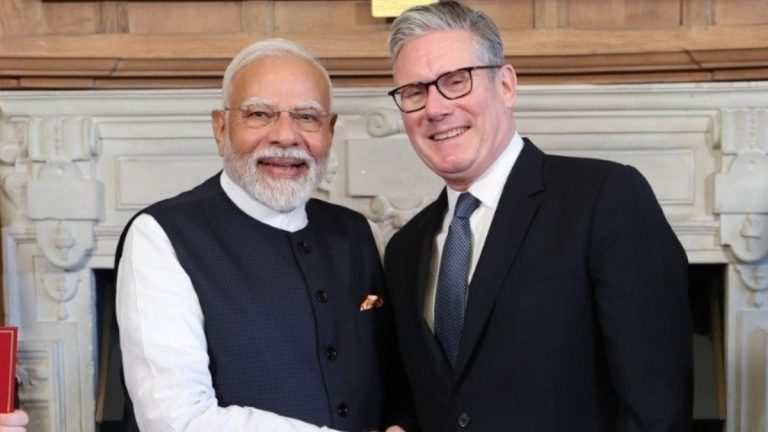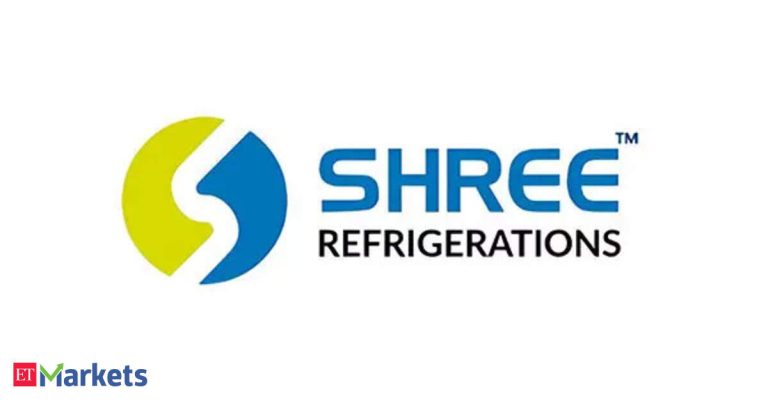“The Multi Commodity Exchange of India Ltd. (MCX), India’s leading commodity derivatives exchange, has received approval from the Securities and Exchange Board of India (Sebi) to launch electricity derivatives, marking a significant milestone in the evolution of India’s energy trading landscape,” the company said in a regulatory filing.
In a press release dated June 6, MCX announced that it has received the green light from SEBI to introduce electricity derivatives contracts.
Also read: F&O Talk | June series shows positive bias for Nifty, Bank Nifty over 18-year trend: Sudeep Shah
This development, widely regarded as a major breakthrough, is expected to deepen India’s energy markets and support the country’s transition towards a more dynamic and sustainable power sector.
The launch—backed by both SEBI and the Central Electricity Regulatory Commission (CERC)—marks MCX’s entry into a new asset class. It will enable electricity generators, distribution companies, and large consumers to hedge against price volatility and manage power market risks more effectively.MCX stated that this landmark initiative not only positions it as a torchbearer of innovation in commodity trading but also reinforces India’s broader ambition of sustainable energy and capital market development.The exchange added that the move marks a pivotal step toward deepening India’s energy markets and aligns with the broader vision of Viksit Bharat.
“The introduction of electricity derivatives marks a pivotal development in India’s commodities ecosystem. These contracts will offer participants a reliable, transparent, and regulated platform to manage power price risks, which are becoming more dynamic due to renewables and market-based reforms. With India’s growing focus on renewable energy and open access power markets, electricity derivatives can serve as a vital bridge between the physical and financial sectors,” said Praveena Rai, MD & CEO of MCX.
On Friday, MCX shares closed 4.5% higher at Rs 7,419.65 on the BSE.
(Disclaimer: Recommendations, suggestions, views and opinions given by the experts are their own. These do not represent the views of The Economic Times)








